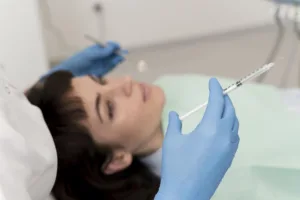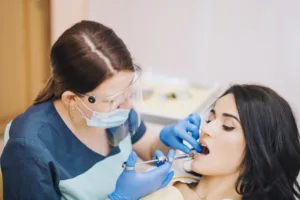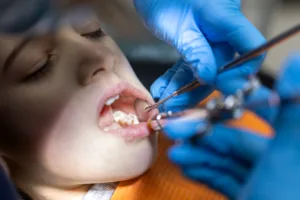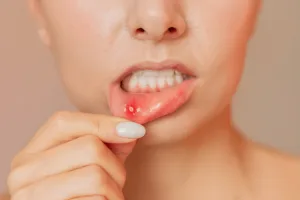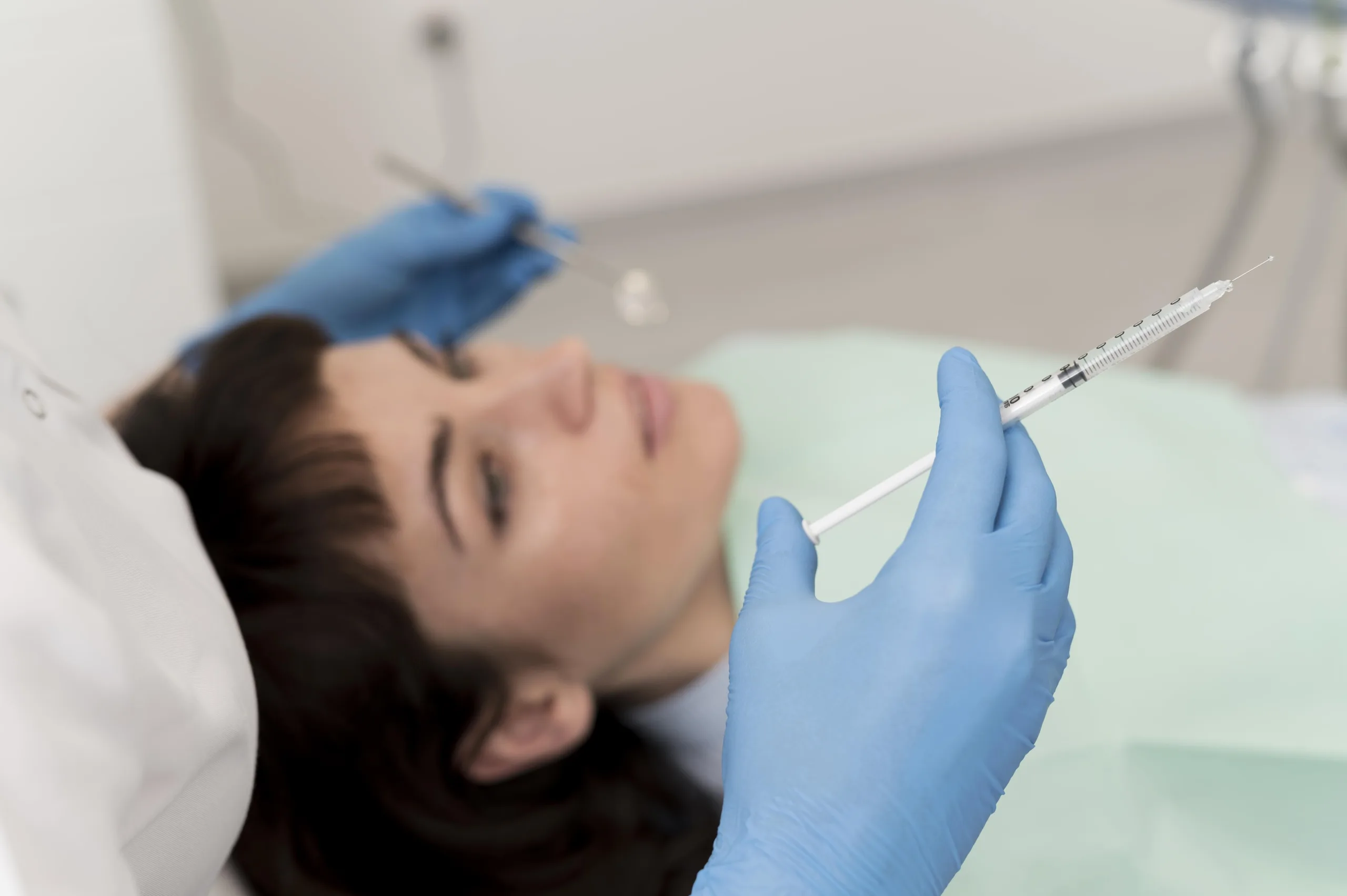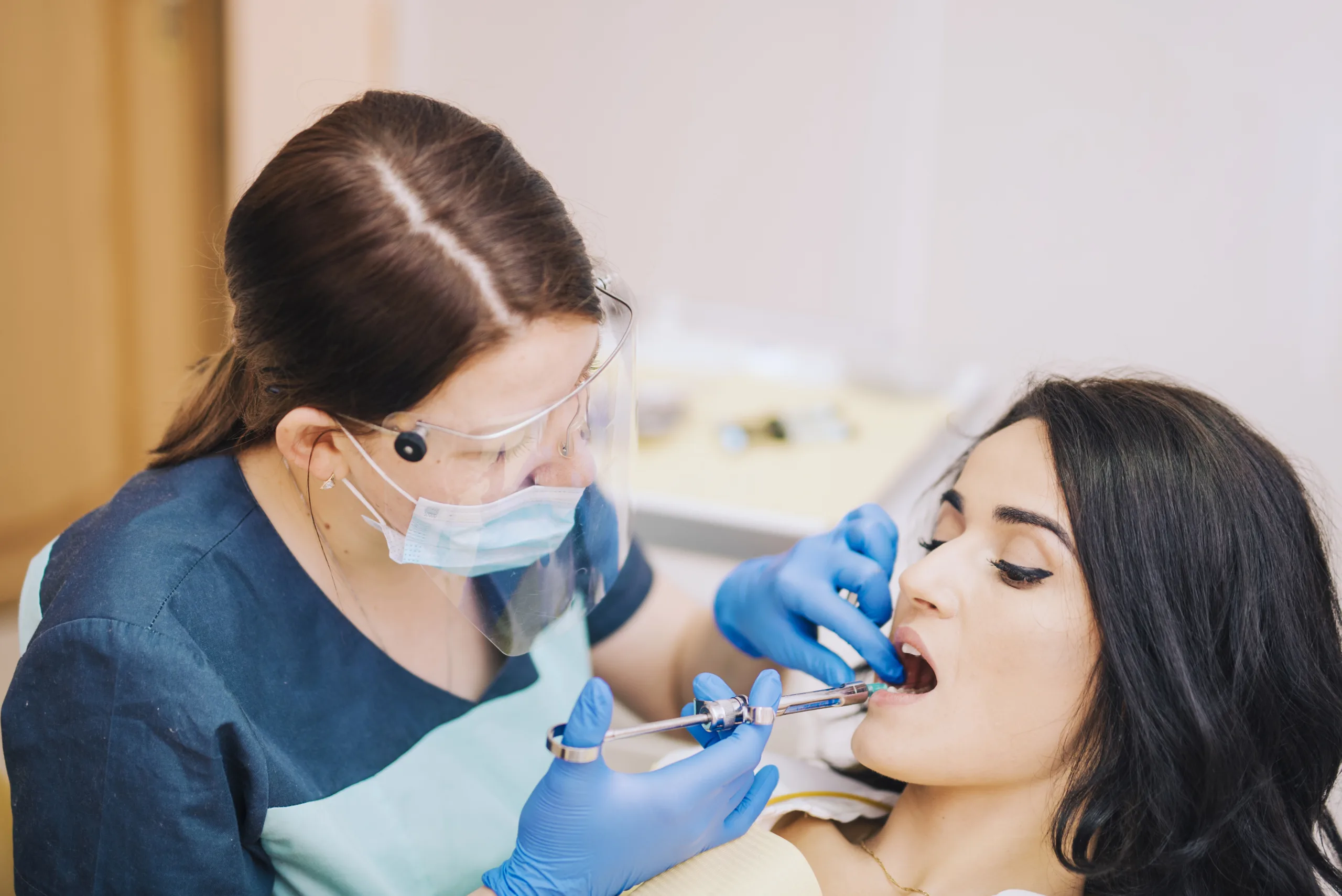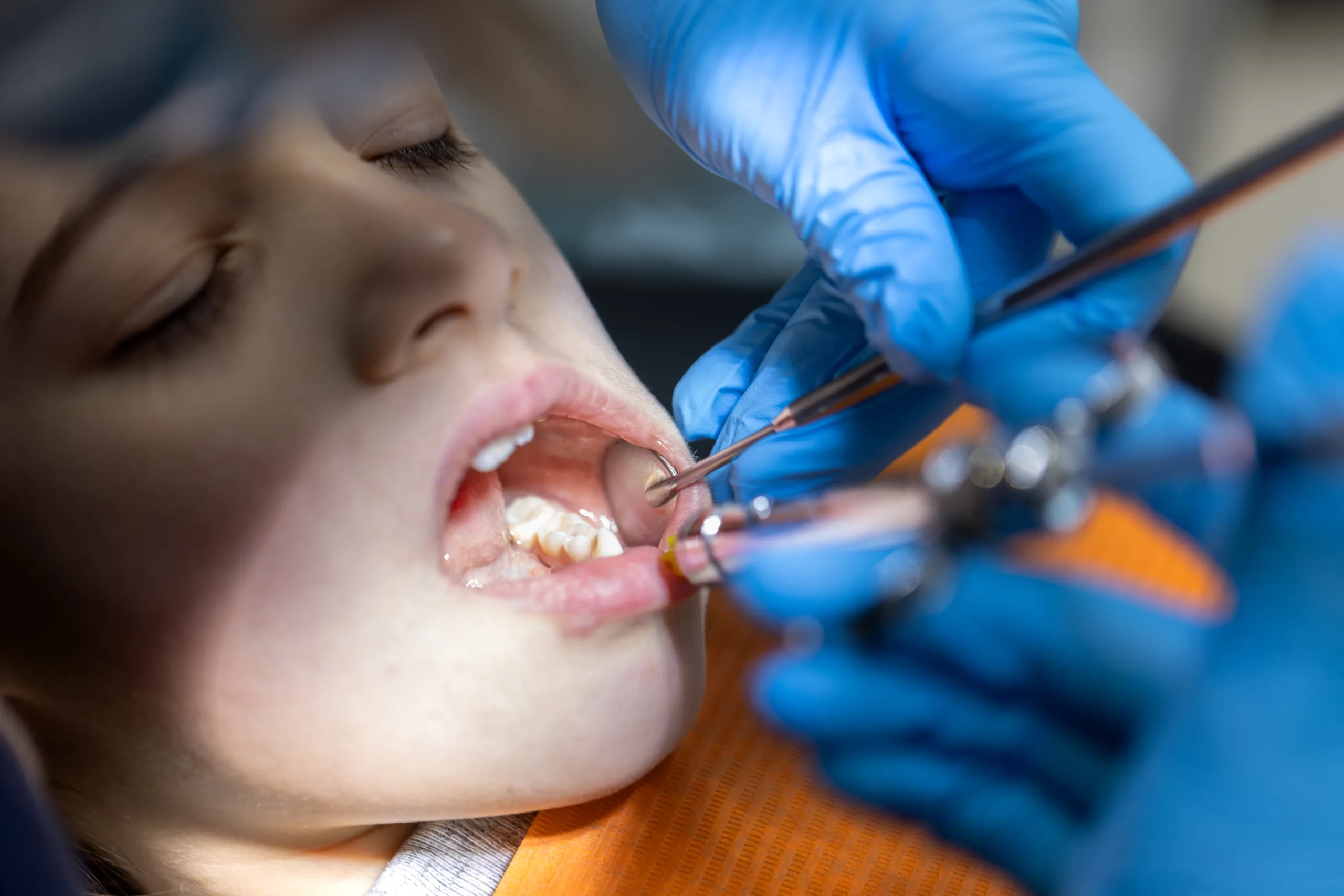📌 Quick Answer: Why Do My Gums Bleed When I Brush?
The most common reason your gums bleed when brushing is gingivitis — early gum disease caused by plaque buildup along the gum line. Inflamed gums bleed easily when touched by the toothbrush.
Have you ever noticed blood in the sink after brushing and wondered, “Why do my gums bleed when I brush my teeth?”
You’re not alone — and it’s usually a sign of an underlying issue that needs attention.
Healthy gums should NOT bleed during brushing. Persistent bleeding gums almost always indicate gum inflammation, most commonly gingivitis, which occurs when plaque and bacteria collect along the gum line.
At RS Dental, we help patients treat bleeding gums early so it doesn’t progress into more serious gum disease.
Table of Contents
Why Do My Gums Bleed When I Brush?
Bleeding gums when brushing occur because inflamed gum tissue becomes sensitive and fragile. When plaque remains on the teeth, it irritates the gums, making them swollen, red and prone to bleeding.
The main cause is simple:
👉 Plaque buildup → Gum irritation → Inflammation → Bleeding
Common Causes of Bleeding Gums

Gum Disease (Gingivitis and Periodontitis)
The most frequent cause of bleeding on gums is gum disease, which progresses in stages:
- Gingivitis represents the earliest stage of gum disease. At this point, plaque buildup causes gum inflammation, making them tender and likely to bleed during brushing. The good news is that with proper treatment and better oral hygiene, gingivitis is reversible.
- Periodontitis develops when gingivitis goes untreated. This advanced stage impacts not just your gums but also the supporting structures of your teeth, like the bone. Without professional intervention, periodontitis can lead to tooth loss.
Poor Oral Hygiene Habits
When you don’t brush and floss consistently, plaque builds up, creating a perfect breeding ground for harmful bacteria. So, when you finally do brush after neglecting your routine, your irritated gums are much more likely to bleed.
Aggressive Brushing Technique
Sometimes, bleeding gums when brushing occurs because you’re brushing too hard or using a toothbrush with hard bristles. While you might think vigorous brushing cleans better, it actually damages delicate gum tissue and can cause bleeding.
Hormonal Changes
Hormonal shifts during pregnancy, menstruation, and menopause can make your gums extra sensitive and prone to bleeding. This is because increased hormone levels boost blood flow to the gums, making them more easily irritated by plaque.
Vitamin Deficiencies
Lack of essential vitamins, particularly vitamin C and vitamin K, can contribute to bleeding gums. Vitamin C deficiency affects the body’s ability to maintain healthy connective tissues, while vitamin K plays a crucial role in blood clotting.
Medications
Certain medications, including blood thinners, can increase the likelihood of bleeding on gums. If you’re taking medications that affect blood clotting, discuss this with your dentist during your regular checkups.
Medical Conditions
Underlying health conditions such as diabetes, blood clotting disorders, and leukemia can manifest as bleeding gums. These conditions affect your body’s ability to fight infection or control bleeding.
How to Prevent Bleeding Gums
Learning how to prevent bleeding gums is essential for maintaining optimal oral health. Here are proven strategies that can help:
Establish a Consistent Oral Hygiene Routine
The foundation of how to prevent bleeding gums lies in maintaining excellent oral hygiene:
- Brush twice daily with fluoride toothpaste
- Stick to a soft-bristled toothbrush so you don’t irritate your gums.
- Replace your toothbrush every three to four months
- Floss daily to remove plaque between teeth where your toothbrush can’t reach
Choose the Right Oral Care Products
Select toothpaste specifically formulated for gum health, often containing ingredients like stannous fluoride that help reduce inflammation. An antimicrobial mouthwash can also be beneficial for eliminating harmful bacteria and maintaining fresh breath.
Maintain Regular Dental Visits
Professional dental cleanings every six months are crucial for removing hardened plaque (tartar) that you can’t eliminate with home care alone. Your dental hygienist can also identify early signs of gum disease and provide personalised advice.
Adopt a Gum-Healthy Diet
Nutrition plays a significant role in gum health. Include foods rich in:
- Vitamin C (citrus fruits, berries, leafy greens)
- Vitamin K (spinach, kale, broccoli)
- Calcium (dairy products, almonds, sardines)
- Omega-3 fatty acids (fish, walnuts, flaxseeds)
Manage Stress Levels
Chronic stress weakens your immune system, making it harder for your body to fight off infections, including gum disease. Try stress-reduction techniques like meditation, exercise, or engaging in your favorite hobbies.
Avoid Tobacco Products
Smoking and using tobacco products significantly increase your risk of gum disease and impair your body’s ability to heal. Quitting tobacco use is one of the best things you can do for your oral and overall health.
Professional Treatment for Bleeding Gums
If you’re still asking, “Why do my gums bleed when I brush my teeth,” even after improving your oral hygiene routine, it may be time to seek professional care. At RS Dental, we provide a range of effective gum disease treatment options:
Deep Cleaning (Scaling and Root Planing)
This non-surgical procedure removes plaque and tartar from below the gum line and smooths rough spots on tooth roots where bacteria tend to gather. This treatment allows your gums to heal and reattach to your teeth.
Antibiotic Therapy
In some cases, we may prescribe antibiotics to help control bacterial infection and reduce inflammation in your gums.
Surgical Interventions
For advanced gum disease, surgical options like flap surgery or bone grafts might be needed to get your gums and bone back in shape.
Maintenance Therapy
After initial treatment, regular maintenance cleanings help prevent the recurrence of gum disease and keep your gums healthy.
When to Seek Professional Help
Don’t ignore persistent bleeding gums when brushing. Schedule a same day dentist appointment with RS Dental if you experience:
- Bleeding that continues for more than two weeks
- Persistent bad breath
- Swollen or tender gums
- Receding gums
- Loose teeth
- Shifts in your tooth alignment or bite pattern
At Richmond & Springvale Dental Group, we’re committed to helping you achieve and maintain healthy gums through personalised treatment plans and preventive dental care.



